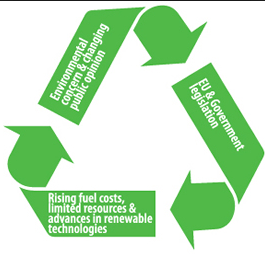

 Ghana has intensified efforts to transition from a linear to a circular economy through a national capacity-building initiative aimed at promoting sustainability and reducing waste.
Ghana has intensified efforts to transition from a linear to a circular economy through a national capacity-building initiative aimed at promoting sustainability and reducing waste.
The five-year Ghana Circular Economy Centre (GCEC) Project is being implemented by the United Nations Industrial Development Organization (UNIDO), in partnership with the Ministry of Environment, Science and Technology (MEST), with funding from Global Affairs Canada.
Hosted at Ho Technical University, the Centre serves as a national hub for research, innovation, and partnerships focused on advancing circular solutions.
Speaking to the Ghana News Agency on the sidelines of a workshop, Dr Halid Abu-Bakar, an International Circular Economy Expert, said the project would help the country minimise waste generation and create value from materials that are typically discarded.
He noted that only a fraction of Ghana’s waste was currently recycled or upcycled, with the majority ending up in open dumps or landfills, contributing to greenhouse gas emissions and environmental degradation.
“The expectation is that by strengthening systems and building strong partnerships supported by sound policy, Ghana can move toward a sustainable circular economy.
“Ultimately, we aim to reduce waste generation and create more value from the materials we already have,” Dr Abu-Bakar said.
Mr. Joseph Yeboah, Strategic Partnerships and Engagements Lead at GCEC, said the programme commenced with a training-of-trainers session for key partner institutions including Ho Technical University, Kwame Nkrumah University of Science and Technology, and the University of Cape Coast.
He explained that the initiative aimed to build the capacity of these institutions to re-examine their work and apply circular economy principles within teaching, research, and practice.
Some participants are environmental educators who will use the knowledge gained to raise awareness and influence behavioural change within their schools and communities.
Mr. Yeboah said the project would help participants explore how circular business models could address inefficiencies and environmental costs associated with the traditional linear economy, which follows a long-established pattern of resource extraction, use, and disposal.
One of the facilitators at the workshop remarked that waste is the most visible evidence of the failure of the linear economy.
“For centuries, economic growth has followed a take–make–dispose pattern, extraction, production, and consumption, with no real plan for what happens at the end of life. The result is the waste crisis we see today,” he said.
Mr. Yeboah stressed that although recycling contributed to sustainability, genuine circularity required eliminating waste at the design stage rather than managing it after production.
“Many people equate the circular economy with recycling. But it’s really about working upstream, preventing waste before it happens, creating durable materials, and ensuring that by-products have a purpose, so they don’t end up in landfills,” he explained.
Source: GNA
The post Ghana intensifies shift to circular economy through national programme appeared first on Ghana Business News.
Read Full Story




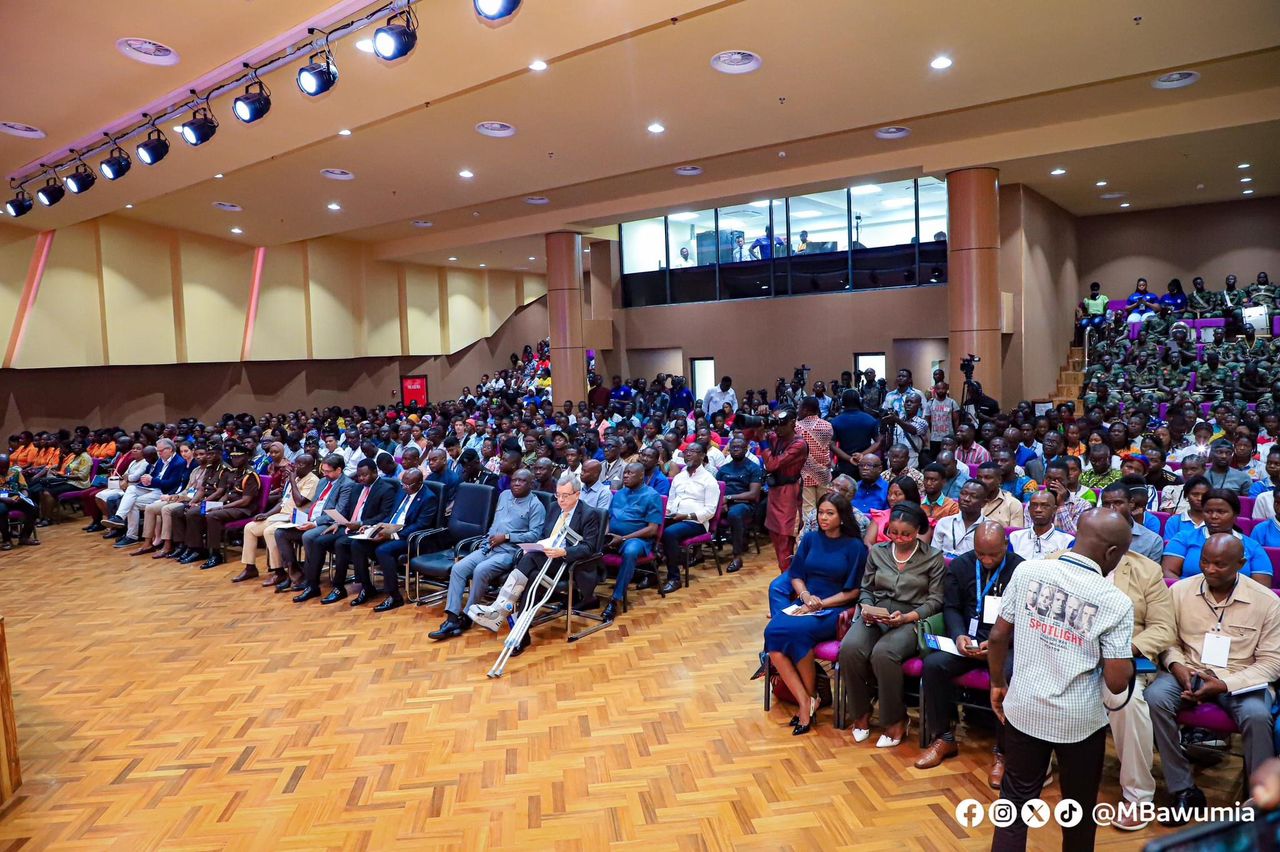
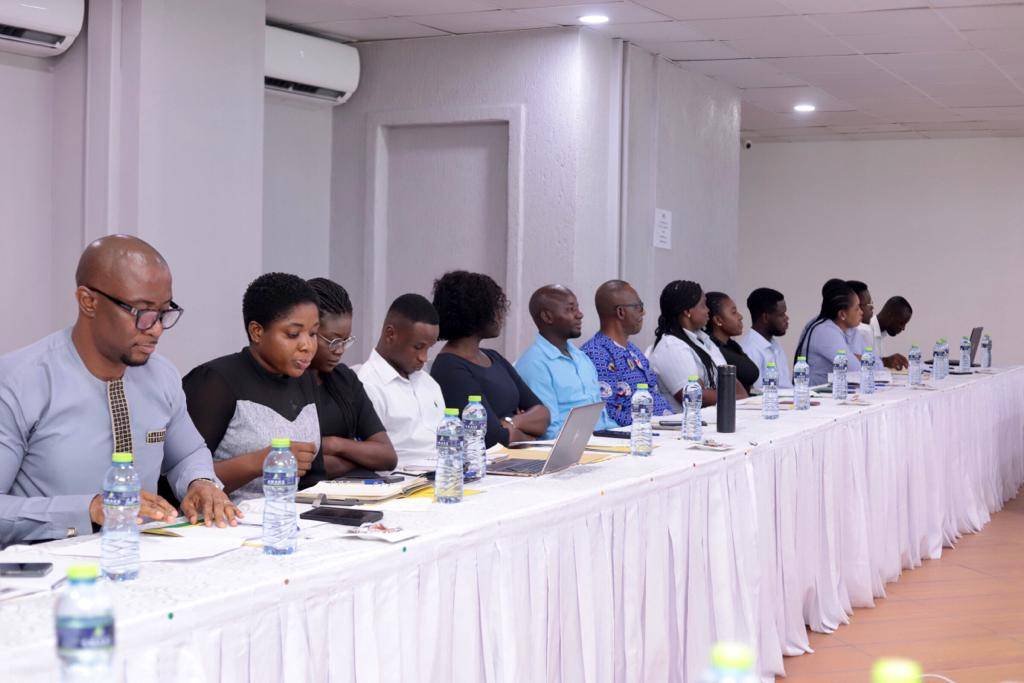



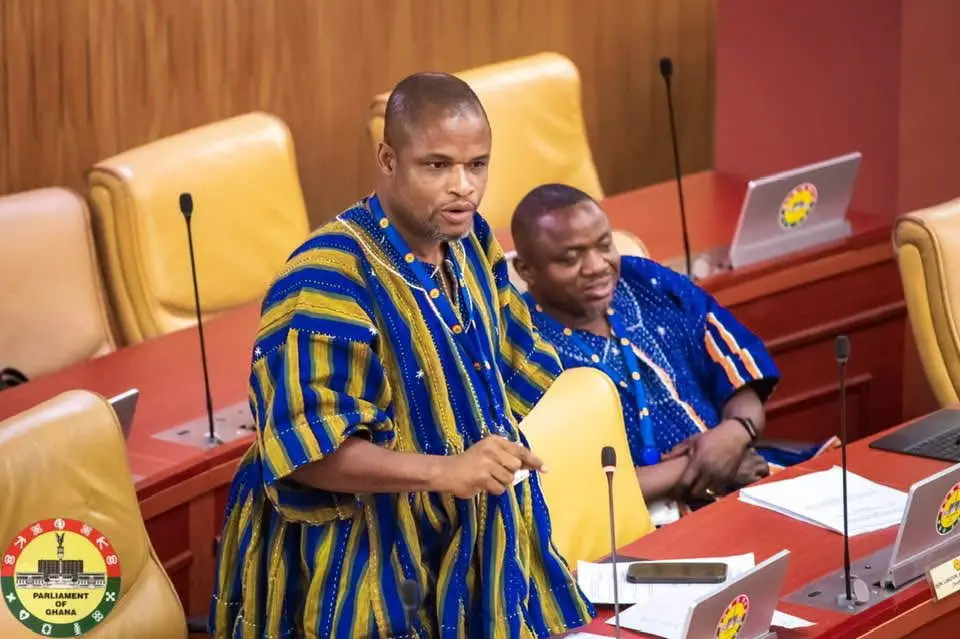






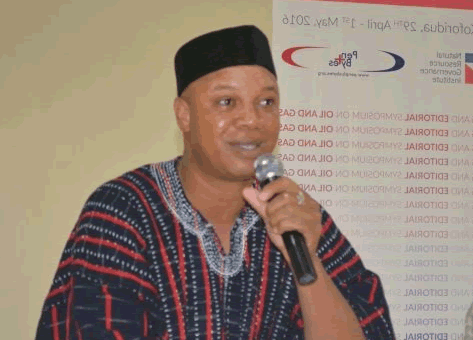




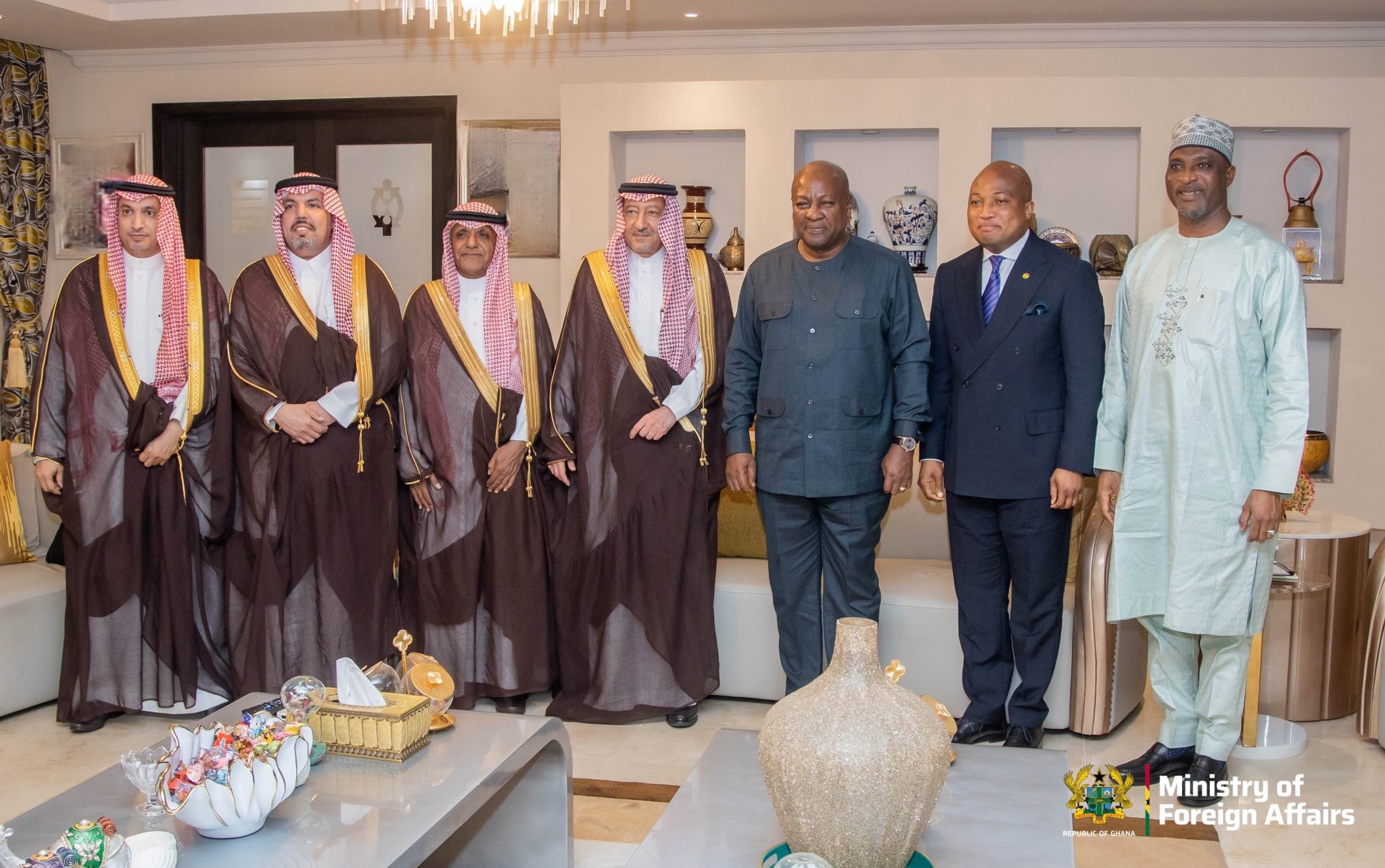
Facebook
Twitter
Pinterest
Instagram
Google+
YouTube
LinkedIn
RSS